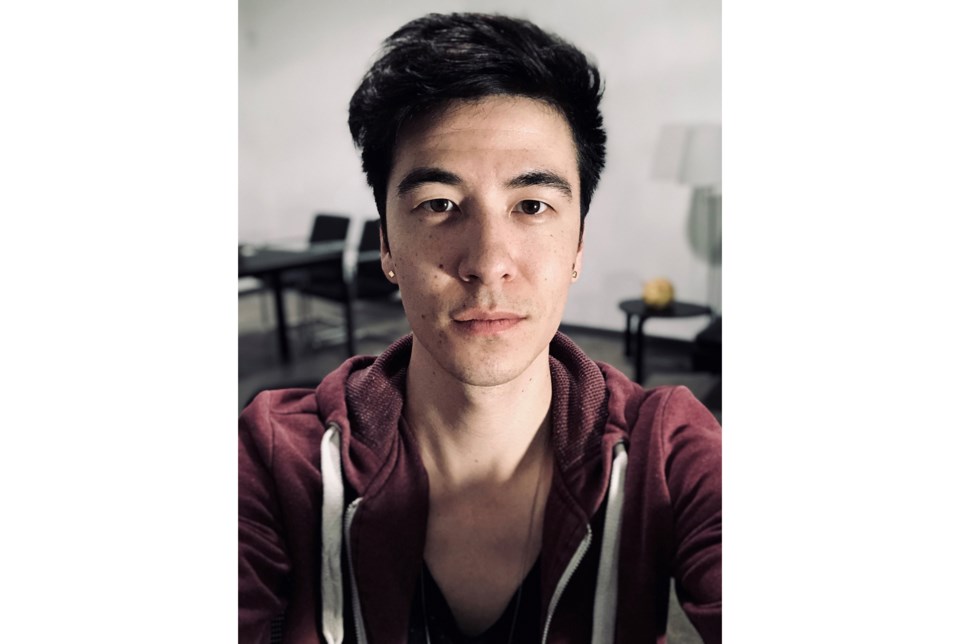Mark Lee is not a big fan of rainbow crosswalks.
While a rainbow crosswalk – like the one installed on Minoru Boulevard near the library – can send a signal the city supports LGBTQ residents, Lee would rather see money put into programs to support this community.
A rainbow crosswalk does what it’s supposed to do as a symbol, he added, but standing up for the LGBTQ Richmondites can’t end there.
“You have to live those values, of welcoming people and standing up for people but I just don’t see that being manifested in any kind of action from council,” Lee said.
Much of municipal support for the LGBTQ community in Richmond seems to come in statements made out in “officialese,” Lee said, with the city saying it supports a diverse population and everyone should be heard, which are “all very nice things that are the official stance on sexual identity.”
“But there’s very little in the way of those leaders - who are supposed be also social leaders - participating in the discourse in any meaningful way outside of just debating it at council,” Lee added.
Things Lee would like addressed include the over-representation of LGBTQ youth in the homeless population as well as the perception among new immigrants that “queerness is a western thing.”
Having lived in Richmond for about six years, after growing up on Vancouver’s east side, Lee said finding safe spaces for LGBTQ youth in Richmond is challenging.
Lee is running in the May 29 byelection to replace Kelly Greene who stepped down from council after being elected to the B.C. legislature.
As a “queer, racialized, working-class person,” Lee sees Richmond council’s composition as primarily “straight, mostly white, mostly relatively well-off folks.”
This includes Coun. Chak Au who was the sole vote against the rainbow crosswalk in 2019.
Currently, LGBTQ youth get most of their support in Richmond from school, but outside of school there aren’t many “queer spaces” for them to meet or access services, even for health needs.
This is an area Lee thinks council could direct funding to.
“Council could provide some of that direction and say perhaps the priority might be to start with the health component,” Lee said, for example, screening for sexually transmitted infections, which he said is even more stigmatized for queer youth than for youth in general.
But support shouldn’t be just limited to LGBTQ youth.
“There are a lot of seniors in Richmond and that means there are many queer seniors – and we know that queer seniors have very few resources in terms of combatting isolation and just social activities,” Lee said.
When Lee lived in Vancouver, he accessed places like Qmunity, a centre for LGBTQ people with educational programs and one-on-one support.
At different programs for LGBTQ youth in Vancouver, he encountered young people who came from communities around the Lower Mainland including Richmond.
Many came there because they didn’t have services and support in their home municipalities, Lee said.
“They shouldn’t have to travel to a different city just to be in queer spaces,” Lee said.
Every community centre should have programming for queer youth, he added.
For information on the May 29 byelection, go to Richmond.ca/elections.



